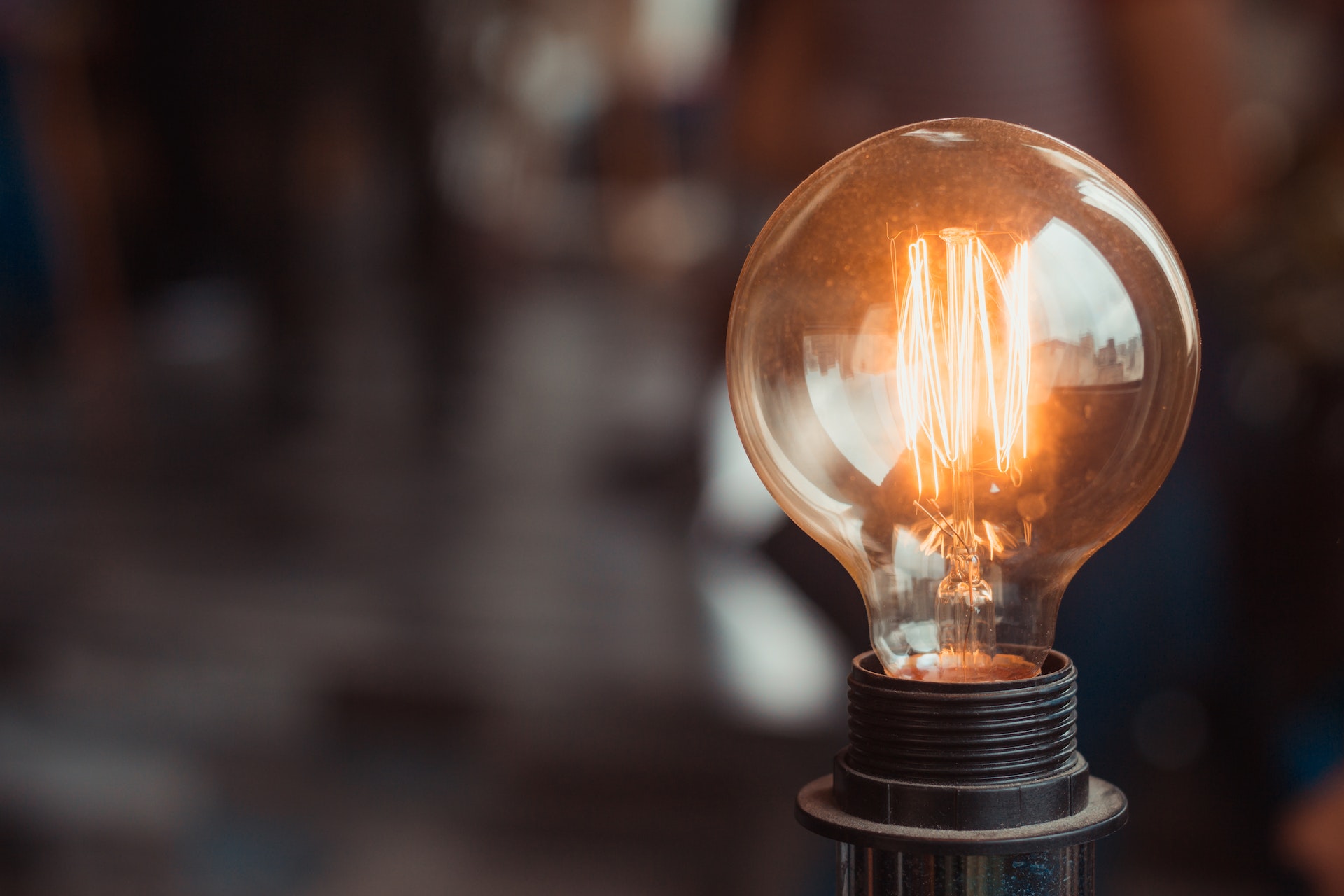Backup Power Systems: Options and Purpose
Most people have experienced a power outage at home. If this happens, safety issues could arise, especially during the summer and winter when the weather can get rough. The good news is that you can avoid any disruptions at home when the power goes out. With residential battery backup power systems, important household appliances, as well as the heating and cooling system, can continue to work. It’s helpful to know what choices are available and why these systems are important.
Contents
What it Is
With a backup power system, there is a connection to power sources such as the local electric grid and solar panels. The system stores extra power and then sends it back to your home when there is an outage. A battery or generator stores this power and provides it for you when there is no electricity in the home due to an outage. With some systems, you can use the power for electric vehicles too. In addition, backup power systems can make the most of your home’s energy usage.
Choosing a Battery or Generator
Depending on your needs or preferences, you may want to use either a battery or a generator to provide backup power. Batteries run on electricity, which will come from the grid or solar panels. There are advantages to running your battery off solar power. If there is a grid outage, you can continue to charge the battery with solar panels. On the other hand, generators can use solar panels to charge. However, other generators may use propane, natural gas, or diesel fuel. The generator will then convert this fuel into electricity for you to use during an outage. If you do have a fuel-powered generator, make sure you have extra fuel available by working with a supplier like Gibson Oil to schedule regular deliveries.
Benefits of Having Backup Power
You may think that only businesses need backup power. However, homes can benefit as well. For example, if you have an extended power outage, you run the risk of having spoiled food in the refrigerator. You also won’t be able to use important appliances such as your oven, stove, microwave, dishwasher, washer and dryer. During the evening and night hours when you might need lights on in your home, a backup power source can allow for this if there is an outage. To ensure your home is equipped with a reliable backup power system, you might want to consider consulting with generac installers. Their expertise can help you select and install a generator that suits your specific needs, whether it’s for essential appliances or overall home comfort.
Backup Power Options
It is helpful to know what choices are available when it comes to residential battery backup power systems. A professional can help you assess your needs and make the right choice. Two of the biggest names in backup power are the Tesla Powerwall and the Kohler Generator. The Tesla model stores energy when rates are on the low end. Then, when energy prices rise, it allows you to use the power you have stored at a much less expensive cost. It has 13.5 kWh of capacity. Meanwhile, the Kohler model only kicks in when there is an outage at home. It uses natural gas or propane. After the power goes out, it will start providing the electricity you need in just 10 seconds. It can hold up to 150 kWh of power.
It’s important to be ready in case of a power outage. Consider using backup power and understand why it’s so crucial.

